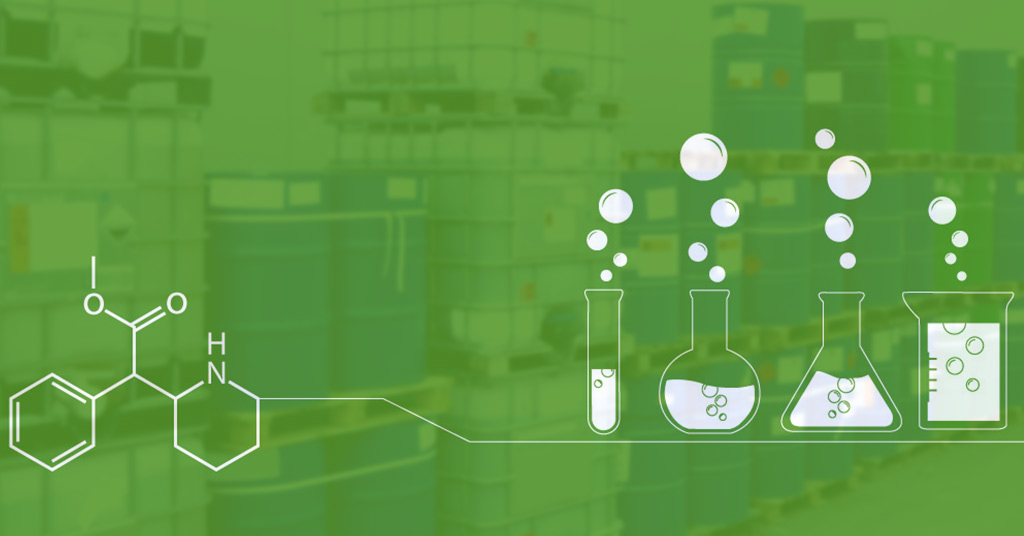Welcome To ChemAnalyst

Malaysia is poised to unveil a comprehensive strategy this year to tap into the potential of green hydrogen, with aspirations to establish itself as a prominent global export hub by 2027, as communicated by Environment Minister Nik Nazmi Nik Ahmad.
The upcoming Hydrogen Economy and Technology Roadmap is expected to outline strategic approaches that can attract substantial investments for green hydrogen production. Minister Nik Nazmi shared these insights on Monday during the Energy Transition Conference held in Kuala Lumpur.
Minister Nik Nazmi conveyed, "The federal government, working in collaboration with state governments and key utilities such as Tenaga Nasional Bhd., is eager to explore the potential benefits of adopting this new energy carrier and the subsequent positive economic impacts it could bring."
The Hydrogen Economy roadmap is projected to yield potential revenues of up to 12.1 billion ringgit (approximately $2.6 billion). Furthermore, Prime Minister Anwar Ibrahim, in June, indicated that this initiative could contribute an estimated 49 billion to 61 billion ringgit to the gross domestic product by 2030, as reported by Bernama.
With an intensified focus on positioning itself as a regional leader in renewable energy, Malaysia recently lifted restrictions on the export of renewable energy resources. In pursuit of this vision, the government revised its renewable energy target in May, aiming to account for 70% of the total generation capacity by 2050—up from the previous goal of 40%. This ambitious transition requires substantial investments amounting to 637 billion ringgit.
Leading the way, the state of Sarawak is ambitiously striving to transform into a hydrogen hub within the region. The state is actively developing a hydrogen-powered public transit system in its capital, Kuching.
Green hydrogen, sourced from renewable energy, stands as a carbon-neutral gas with diverse applications. It can be burned for power generation or harnessed in fuel cells for transportation purposes. While several hydrogen production projects are in the planning stages, the surge in governmental interest, aiming to combat pollution, underscores the growing significance of this clean energy solution.
Industries and utility companies are looking to hydrogen to facilitate reductions in emissions. However, the global energy landscape's complete transition to this technology remains a distant prospect.
On a separate note, Minister Nik Nazmi also shared that Malaysia is on course to realize its target of establishing 10,000 public charging stations for electric vehicles (EVs) by 2025. With an ambitious goal of having 1.5 million EVs on the roads by 2040, the country is taking substantial steps to embrace sustainable transportation.
In addition to these initiatives, Malaysia is preparing to introduce the Energy Efficiency & Conservation Act (EECA) in the upcoming Parliamentary session. Minister Nik Nazmi emphasized that the EECA bill's culmination, after years of development, is expected to foster commercial competitiveness while encouraging responsible environmental practices among both residential and industrial consumers.
We use cookies to deliver the best possible experience on our website. To learn more, visit our Privacy Policy. By continuing to use this site or by closing this box, you consent to our use of cookies. More info.
